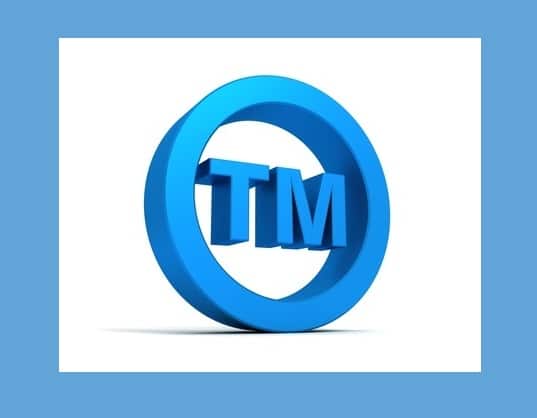
Trademark Scams
Trademark Scams
How to Recognise Trademark Scams?
Earlier this month we received three letters from an organisation called ‘Patent and Trademark Institute.’ The letters made every effort to appear to be trademark invoices. Each requested around £800 to prevent the ‘brand/patent record’ from being ‘deleted’.
They were passed onto our CTO Thomas Jeff’s who noticed some red flags. First, that we’d never heard of the organisation and it’s not who we register our trademarks with. And secondly, a closer look at the small print revealed the letters aren’t invoices, they’re offers.
Upon another visit to a lawyer in our building who informed us it was conclusively a scam, we started some investigating. The organisation claimed to be Swiss-based but is registered in the US. Additionally, their servers are hosted in Russia which presents another red flag as Russia in popular amongst fraudsters as it’s a nation that doesn’t comply with outside law enforcement. Furthermore, the website is less than 6 months old and the owner has taken steps to hide their identity.
All of these factors together landed the letters in the bin.
Here’s what you need to look out for:
Firstly, if you’re receiving letters from an organisation who you aren’t registered with, take caution.
Owners of intellectual property rights are regularly sent fake invoices that give the impression they involve an official communication about your trademark registration. But once you’ve taken a closer look you’ll discover it’s actually just an offer or solicitation and not an invoice.
This alone serves as a clear sign you don’t need to pay attention to it.
Fraudulent organisations can get hold of your details easily as the IP registers are legally accessible databases, which means your address details are visible to anybody who cares to look them up. So don’t sweat it even if they have a worrying amount of information on you.
An additional step you can take is reverse image searching. A quick Google reverse search on the main image of their website revealed it to be a popular stock image that a genuine organisation wouldn’t use.
If you’re still uncertain, Gov.uk offer a service to protect you from these kind of scams, visit them here.



